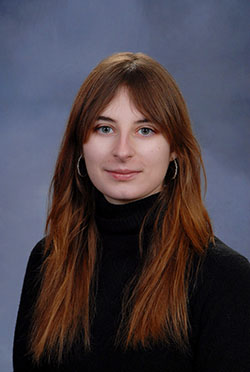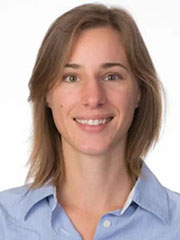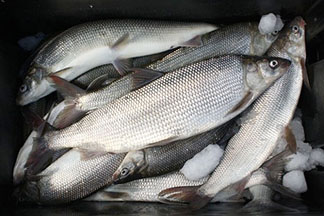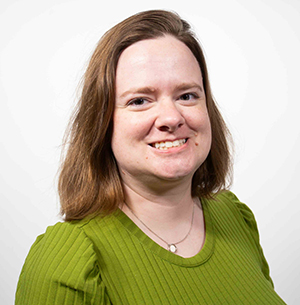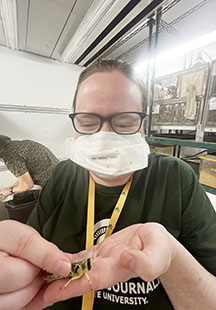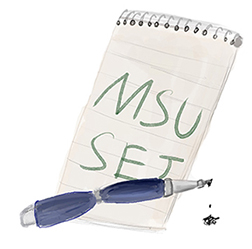 This is the 4th in a series of articles about reporting skills by Knight Center students who attended the 2025 Society of Environmental Journalists conference.
This is the 4th in a series of articles about reporting skills by Knight Center students who attended the 2025 Society of Environmental Journalists conference.
By Mia Litzenberg
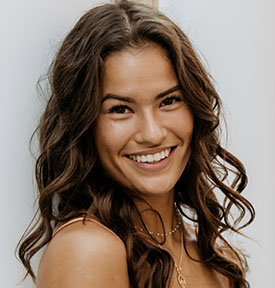
Mia Litzenberg
Experts are looking beyond climate resiliency to build adaptive capacity, a process for navigating changes to cultural lifeways that promotes living well – not just bouncing back.
The ability to be climate-resilient suggests that people will bounce back to their previous ways of life – a paradigm that is being reshaped altogether.
“I’m keenly aware of the problematic word ‘resilience,’ especially as an academic,” said Knowledge Exchange for Resilience Executive Director Patricia Solís. “We often are now using adaptive capacity to signal that it’s a building process.”
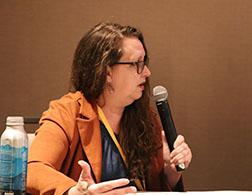
Patricia Solis discusses her work on climate adaptation at Arizona State University. Credit: Mia Litzenberg
Solís spoke on the panel “Beyond Worst-Case Scenarios: Building a Vibrant Subculture of Climate Adaptation” at Arizona State University in April. The panel was part of the annual Society of Environmental Journalists conference.
Panelist Nabig Chaudhry, the director of climate adaptation strategy at the climate literacy nonprofit Probable Futures, said there are two things that can be done to address climate change.
While the first is to reduce greenhouse gas emissions through mitigation, the second is to build adaptive capacity.
“We’re seeing a lot of new ideas pop up of how we can rebuild these systems, hopefully back in the future, that are better because they have been torn down,” Chaudhry said.
Chaudhry said the goal at Probable Futures is to step beyond the predominant climate narrative that most people don’t have a hand in solving the climate crisis and that it is a perpetual apocalypse where everything falls apart. Continue reading

